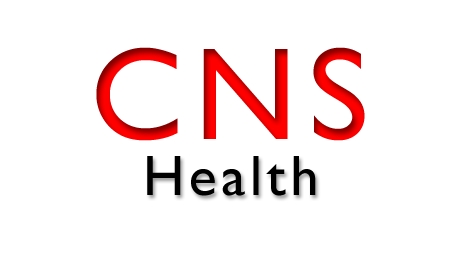COLLEGE PARK – Lobbyists for alternative medicine are pushing Maryland legislators to force insurance companies to expand coverage of treatments like acupuncture.
Under Maryland law, insurance companies aren’t required to cover treatments like acupuncture, herbal remedies and traditional Chinese massage.
As Maryland lawmakers work this year to overhaul regulation of health insurance coverage, lobbyists for the Maryland Acupuncture Society are working to make sure they cover alternative treatments.
“Legislation is supposed to address the needs of people and their wants,” said Belynda White, the Maryland Acupuncture Society’s vice president of public affairs. “Without having laws that make this openly available to them, people are going to start requesting more access.”
But many insurance companies are hesitant to cover alternative treatments like acupuncture because they say more research is needed to prove the benefits.
“Because acupuncture is considered experimental, investigational or unproven, insurance companies don’t want to cover it,” said Mark Slitt, a spokeserson for Cigna.
Alternative medicine advocates disagree that techniques like acupuncture are unproven.
“It’s not a solution for everything, but it has shown its effectiveness in so many places it’s worth making sure the carriers reimburse for acupuncture services,” said Neily Mutch, who lobbies for the Maryland Acupuncture Society. “I think the marketplace is starting to respond and see this is something we need to pay attention to.”
While many people are familiar with traditional acupuncture—the practice of inserting thin needles into certain points in the skin—acupuncturist Jeff Millison at the Tai Sophia Institute in Columbia said other versions exist. An acupuncture technique known as “cupping” uses heated cups to create vacuums on the skin to boost circulation.
As more patients explore alternative therapies, Millison said more doctors are referring their patients.
“From my experience, the amount of physicians in this country more open to acupuncture is exponentially higher now than it was 15 years ago, and the trajectory seems to be climbing,” he said.
The number of Americans using alternative therapies rose significantly in the 1990s, to around 40 percent in 2002, according to a survey by the National Institutes of Health. That percentage remained unchanged in a similar NIH survey conducted in 2007. Another survey will be published this year.
“Americans are spending about $34 billion out-of-pocket annually on the variety of practices,” said Jack Killen, deputy director of NIH’s National Center for Complementary and Alternative Medicine. “We know that, in general, use of complementary and alternative medicine is high in the United States.”
Despite its rise in popularity, many insurance companies are resisting covering the treatments.
CareFirst BlueCross BlueShield doesn’t offer health plans that cover acupuncture at the same level as a standard doctor visit. But the company said in a statement that it does offer a discount program that covers the technique.
Cigna offers some plans that cover acupuncture treatments for certain health conditions, company spokesperson Mark Slitt said.
“[Cigna feels] acupuncture has been around for a while and there’s enough research to indicate it’s effective for certain things,” he said.
Under current law, the Maryland Insurance Administration — which regulates insurance companies in the state — can’t require companies to cover acupuncture or herbal medicines because they’re not mandated benefits, said public affairs director Vivian Laxton.
Alternative medicine advocates hope that will change when the General Assembly finishes making changes to state insurance law to align with the federal Patient Protection and Affordable Care Act signed by President Barack Obama in 2010.
Although the acceptance of acupuncture in the United States has been slow, Mutch said patients who undergo the treatment are satisfied.
“It’s something that most people say, ‘Wait a minute, I don’t want any of that fuzzy-wuzzy stuff done to me,’” she said. “But when they experience the sensation, its pretty impressive and they have a different view of things.”

